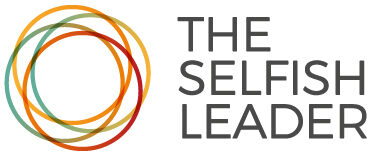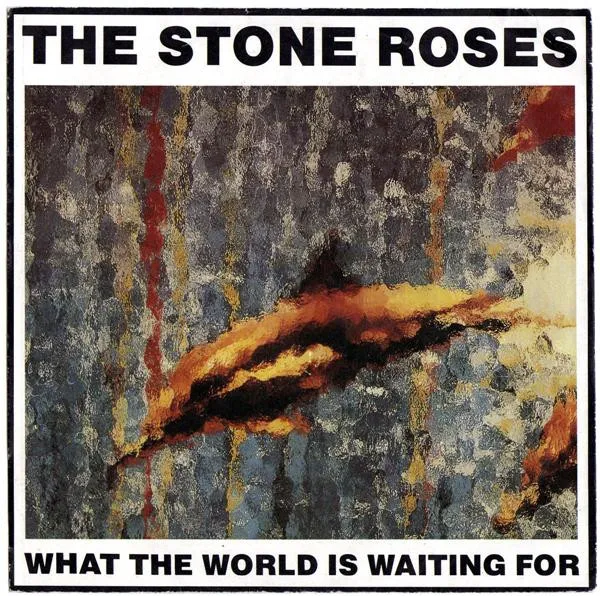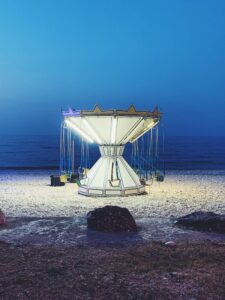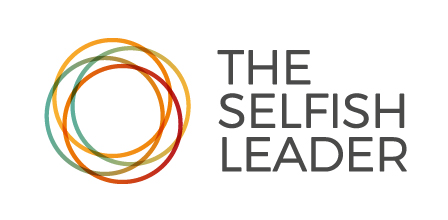There’s an old Stone Roses lyric that I’ve loved from the moment I first heard it: “Stop the world / I’m getting off.”*
It’s a lovely turn of phrase and plays on the absurd idea of stopping something as fundamental as the turning of the planet.
Some things can’t be stopped. The sun will rise, the weather will change, you and I will die. All unstoppable.
When something is, in the fully literal sense, unstoppable, it needs no energy or effort from us. Awareness, yes. We should be aware of the fact that we’re mortal and the sun has risen marking the start of another day. But, like King Canute and the tide, any effort to change these is futile. We can succumb, surrender to, accept the true unstoppable.
What I notice now is how many aspects of life have crept into this place where we succumb to them as if they are unstoppable.
Most parts of life, at least in developed capitalist societies, are in a state of abundance. We have a seemingly endless supply rather than a shortage. Food, entertainment, technology, clothing, even money – they’re all (albeit very inequally distributed) in abundance.
We live in systems designed to never run out. Endpoints are being eliminated from our world.
And without endpoints, how are we to know when to stop?
Podcasts. Netflix. Emails. Social media. Music. Work. YouTube. Video games.
There is a never ending supply of these things. We will never run out of content, we’ll never get to the bottom of the screen, we’ll never complete Instagram. The gigantic gaming industry is increasingly and deliberately creating virtual worlds that are infinite in their size and complexity.
And for most of us, we’ll never reach a point where someone says “Hey, we’ve run out of work so just relax.”
So how do we know when to stop?
Even food is seemingly infinite. In wealthier countries like the UK and US, we have an excess of calories while perversely much of the world goes hungry.
We assume our food will never run out and the cheap, easy supply of calories makes it incredibly simple to consume more than we need. A tap of your phone is all it takes, there’s no friction or effort. I’ve never grown or hunted a single meal in my life. Have you?
So how do we know when to stop?
And do we even recognise that we live in this toxic abundance?
I wonder about the impact this has across our lives and our world. When we pick up our phones and order food for example, we’re increasingly disconnecting ourselves from the each other and the planet.
How will we ever consider where that food came from? How it was grown or slaughtered? Where it has been and who has turned it into a meal? How it is being delivered to our doors within minutes? And the impact of all of this?
If there’s an endless supply of ‘content’, when will we ever be bored? When will we ever sit and be with ourselves, noticing what we’ve been too distracted to notice? When will we switch off – or actually switch on to what is important?
When I was a kid, we had just four TV channels. To watch something, it had to be witnessed at one point in time and then it was gone (at least until VHS players became widespread). So we’d gather to watch a show together, at the same time. Even something as modern as television had rituals around it, and a way of communing as a family.
And when there wasn’t anything we wanted to watch (which was often), then we’d find something else to do. Sure, we’d wish that Grandstand was on again or look forward to the next episode of The A-Team, but ultimately we accepted it wasn’t and we’d have to wait.
I remember long hours of what felt like boredom when I was a kid, but in those moments my mind would wander to magical places. Sometimes paying attention to tiny, beautiful things like raindrops rolling down the window or an ant on the patio. Sometimes pondering unfathomable questions like how big the sky is or where space ends. Sometimes wandering around outdoors chatting with my friends about nothing in particular.
In a world of endless supply and no stopping points, where is our attention now?
Instead of natural endpoints or scarcity of supply, we are surrounded by triggers that encourage us to keep consuming as if there is no end.
It’s an entirely false way to live, not only pillaging the planet of its finite resources, but also robbing us of our own attention, the foundation of our lives.
What if we returned to some of those natural endpoints?
What if we noted the rising of the sun each day? And its setting each evening?
What if we paid attention to the changing sounds and sight of nature marking the turning of the seasons?
What if we marked a day or even an hour for undistracted time with the people that matter, like a self-created sabbath?
What if we simply decided that at 6pm, the laptop always gets closed down so we can spend time connecting with ourselves and loved ones?
Imagine the peace, the freedom in accepting and honouring endpoints, allowing ourselves to respect the rhythms and rituals that we all yearn for deep down.
*‘What The World Is Waiting For‘ by The Stone Roses





